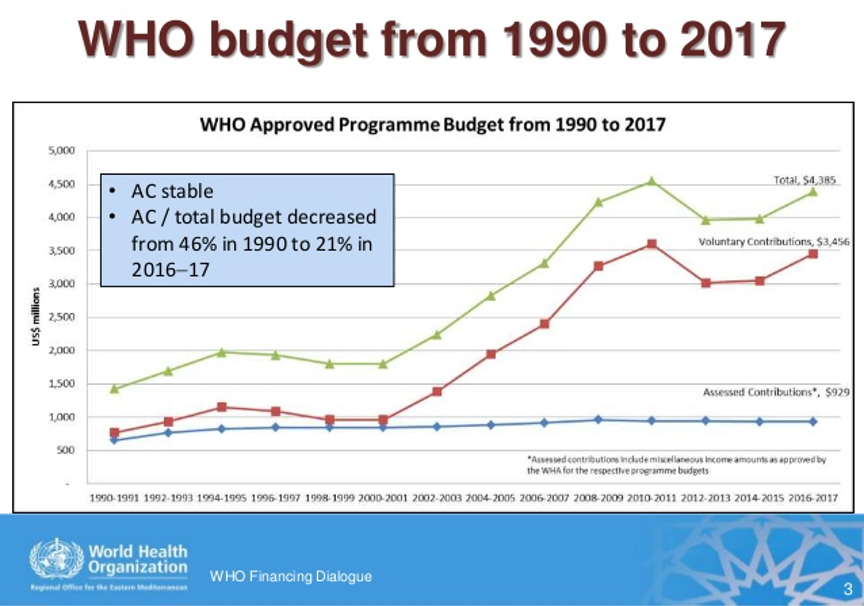I use international relations theories to try to understand why the global response to COVID-19 has been so poor https://twitter.com/E_IR/status/1254459749149675523">https://twitter.com/E_IR/stat...
I start w structural theories & walk through how anarchy forces states to practice self-help but interdependence creates mutual vulnerability & incentives for countries to cooperate, particularly on global health. Rising geostrategic competition may cut in the other direction.
Cooperation may require the presence of a hegemon to jump start, and the US has played an important leadership role on global health notably in the response to HIV/AIDS & more recently on Ebola. The decline of the hegemon may make cooperation more difficult to generate & sustain.
Clearly, the Trump administration has no appetite for leadership on this issue, but the US is still structurally capable. China& #39;s rise may signal another state could provide leadership, & geo-strategic competition could trigger a race to lead to provide global public goods.
Different scholars have written about "toteboard" (Levy) or "scorecard" diplomacy (Kelley) and "competitive generosity" ( @henryfarrell @ANewman_forward). I argue that the absence of cooperation is not structurally determined given these offsetting pressures.
States delegate to international organizations like @WHO to carry out functions on their behalf. IOs have the advantages of centralization and legitimacy that allow them to perform tasks such as coordination and information collection that would otherwise be difficult.
IOs like WHO are inherently constrained by their principals (nation-states) which control leadership, budgets, & core functions. WHO& #39;s budget is small -- about $2.2 billion a year -- and most of it is in the form of voluntary contributions donors specify for particular purposes.
Those principals were the ones that chose to cut pandemic preparedness functions in the lead up to the 2014-2016 Ebola crisis and also were the ones to invest in those capabilities again after the crisis.
IOs can also have their own bureaucratic pathologies. The WHO is no different and its fragmented structure in six geographic regions impeded its effectiveness in the 2014-2016 Ebola crisis.
IOs are constrained in their enforcement powers. The @WHO has limited tools in its toolkit to enforce compliance w the 2005 International Health Regulations which requires states to report on outbreaks & allows WHO to declares Public Health Emergencies of International Concern.

 Read on Twitter
Read on Twitter


